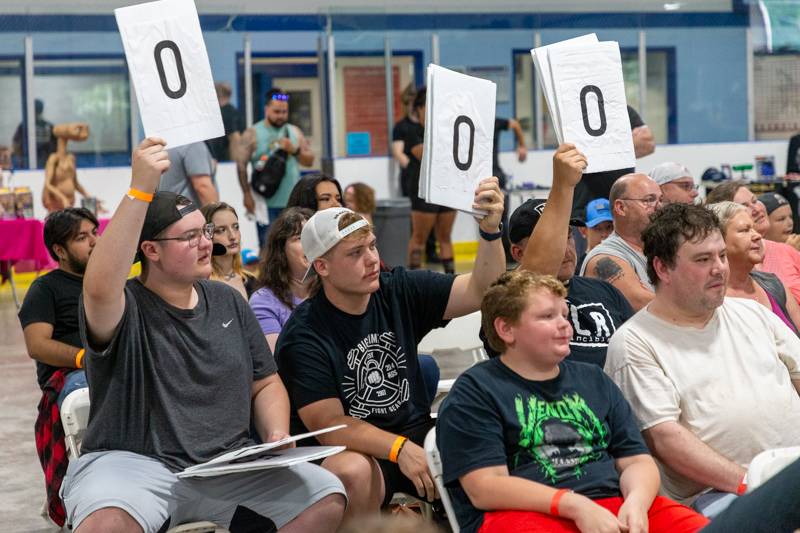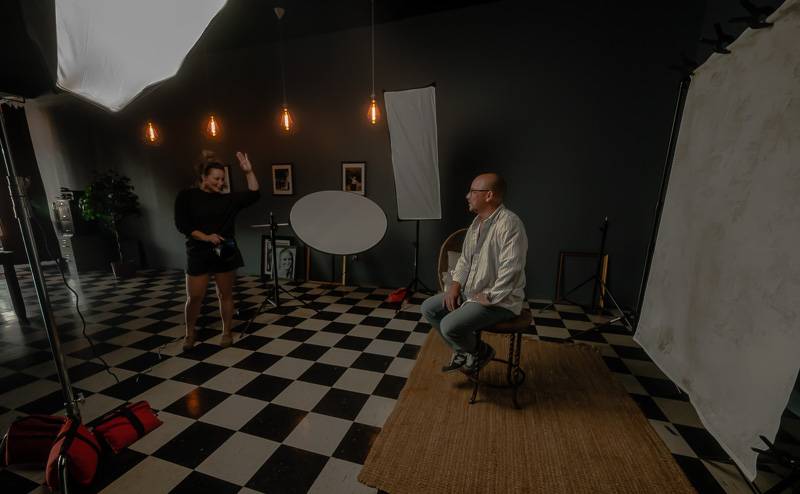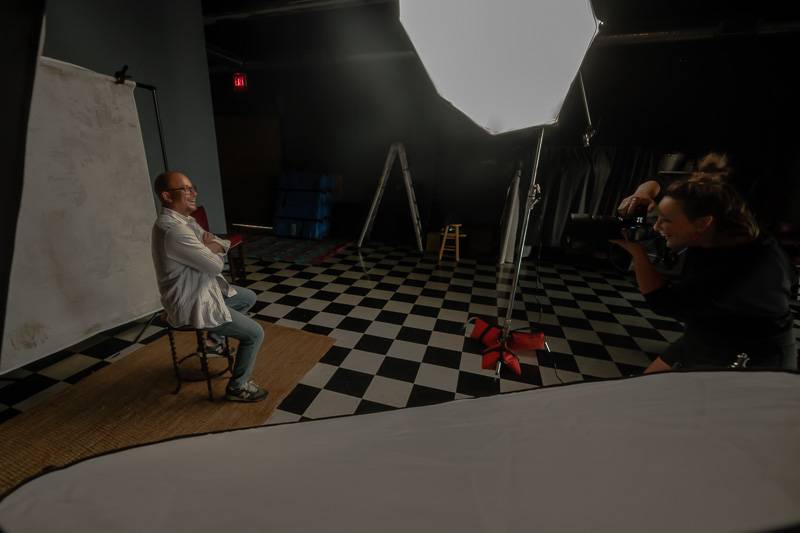Batavia man given 20 years in prison for random knife attack of man walking on Jackson Street

Prior to attempting to kill a man on Jackson Street in Batavia on Oct. 18, Tyshon L. Taylor, 25, had been in and out of the state's mental health system -- encounters brought about by his expressed desire to kill someone or himself -- and depending on your point of view, either Taylor failed to take advantage of what the system offered or the system failed him.
An agitated and impassioned defense attorney, Frederick Rarick, argued the system had failed Taylor. He said healthcare practitioners who handled his cases knew about his threats of violence and that he was dangerous when he wasn't taking his medication but failed to hold him or make sure he got the help he needed.
"I don't mean to, well, actually, I do blame the mental health system," Rarick said.
District Attorney Kevin Finnell argued the fault for his crime lay squarely on Taylor's own decisions.
While acknowledging that Taylor has significant mental health issues, Finnell said Taylor had previously been to the comprehensive psychiatric emergency program at U of R on multiple occasions. Each time they medicated him, stabilized him, and got him back to "baseline." They then gave him referrals for follow-up care. While he came into the emergency program because of the violent thoughts running through his mind, by the time he was discharged, he was back in a calm state.
Taylor didn't take advantage of the follow-up care, Finnell said.
Prior to the attempted murder on Oct. 18, Taylor had been to the University of Rochester emergency program and left stable with enough medication to get him through the next week.
Four days later, Taylor decided, Finnell said, to walk through Batavia looking for a victim.
"There was a safety plan referral for what he could do if he was feeling violent," Finnell said. "He didn't take advantage of (the referral), and instead, on the night of the offense, he transversed the city, leaving the hotels on the north end until he got to the south side and found somebody walking back from the store minding his own business. And he just stabbed him for no other reason. The victim was unknown to him. He stabbed him. He stabbed him, intending to kill him."
Finnell said that the Batavia PD detectives who handled the case and Chief Shawn Heubusch said they considered Taylor a risk to the community and should be incarcerated.
The victim in the case, Finnell said, has suffered substantially because of the attack. He no longer walks to the store just a block from his residence, driving instead, and his physical injuries have prevented him from returning to work full time.
Taylor was in court on Tuesday to be sentenced on his conviction on a charge of attempted murder, a Class B violent felony. He entered a guilty plea on March 28.
He is also a second-time violent felony offender.
Before he was sentenced, Taylor read from a statement in which he apologized for his actions, both to the victim and his family. He said he was feeling helpless and angry every day.
"I have a lot of regrets," Taylor said. "I could have ruined my life. Well, I ruined my life, but I could have ruined it more, and I ruined somebody else's life. I want to take steps to be better."
Judge Melissa Lightcap Cianfrini said that perhaps Taylor's case could be a case study for the state's mental health system, but that didn't relieve Taylor of his responsibility for his actions.
"Our mental health system may be imperfect. It needs to be improved," Cianfrini said. "But you didn't take advantage of the opportunities offered to you."
She sentenced him to 20 years maximum in state prison and 20 years on parole.




































































